Our latest #FoodTalks event explored, “Where next for seafood sustainability?”, with industry experts Amy Hammond, Head of Ocean and Blue Economy Practise at Sea Horse Environmental, and Momo Kochena, a member of the Sustainable Fisheries Trust (SFACT), leading the discussion.
When we talk about food sustainability, seafood often gets overlooked, but it plays a critical role in our global food system. The Marine Stewardship Council (MSC) has become a recognisable benchmark for sustainability in fish and seafood with its ‘Blue Tick’ checkmark. Established in 1997 by Unilever and WWF, the MSC certifies wild fish to ensure responsible fishing practices. Over the years, it has gained significant support from major retailers and brands, leading to the certification of 20% of the world’s marine catch and almost 50% of the tuna catch. However, as the MSC’s influence grows, experts are raising questions about the future of seafood sustainability.
Managing Fish Stocks
At the latest #FoodTalks event, experts discussed the need for local communities to take a more active role in managing fish stocks. The On the Hook campaign, spearheaded by Amy Hammond, initially aimed to challenge the recertification of the world’s largest tuna fishery, the PNA. It later broadened its scope to review the MSC’s overall effectiveness. The focus is now on exploring new approaches to seafood certification, particularly for small-scale fisheries.
Small-scale fisheries play a vital role, contributing 40% of the global catch and supporting 90% of employment in the industry. Yet, they often face challenges as they remain largely invisible at policy levels. Around 90% of fishing vessels in and around the UK are small-scale, but their volume does not compare to that of large industrial vessels.
There is no one-size-fits-all solution for small-scale fisheries. They require data collection that is relevant to their daily operations, combining environmental and social projects to incentivise their engagement, long-term commitment, and fair trade certification. Engaging small-scale fisheries in sustainability discussions is essential to create market access, empower communities, and share the costs of sustainability efforts.
Momo Kuchen highlighted the importance of market-based development initiatives like Community Catch. Community Catch serves as a ‘switchboard’ for small-scale fisheries, guiding them towards market access and providing the necessary tools and support infrastructure for their journey.
So, what can we do as responsible citizens?
First and foremost, “Know where your fish comes from.” Understanding the origin of the seafood we consume allows us to make more informed choices. Additionally, we can be more adventurous in our seafood choices, exploring a variety of species to ease pressure on heavily targeted ones.
MSC has been a significant milestone in seafood sustainability efforts, but the time has come to explore new paths. Emphasising the role of local communities, supporting small-scale fisheries, and promoting responsible consumption are vital steps toward a more sustainable future. As consumers, we hold the power to influence change through our choices, and by demanding transparency and responsibility from the seafood industry, we can contribute to a healthier ocean and a thriving seafood ecosystem.
About the Speakers:
Amy Hammond, as the Head of Ocean and Blue Economy Practice at Sea Horse Environmental, has been leading the On the Hook campaign for the past five years. This campaign focuses on critiquing and improving the MSC, especially in the context of global tuna fisheries facing complex environmental and social challenges.
Momo Kochen brings extensive experience in working with small-scale fisheries in developing countries across Indonesia and Latin America. As part of the core team at the Sustainable Fisheries Trust (SFACT), Momo is actively involved in developing new initiatives to engage small-scale fisheries in sustainability discussions, including the possibility of a better-adapted certification program.

